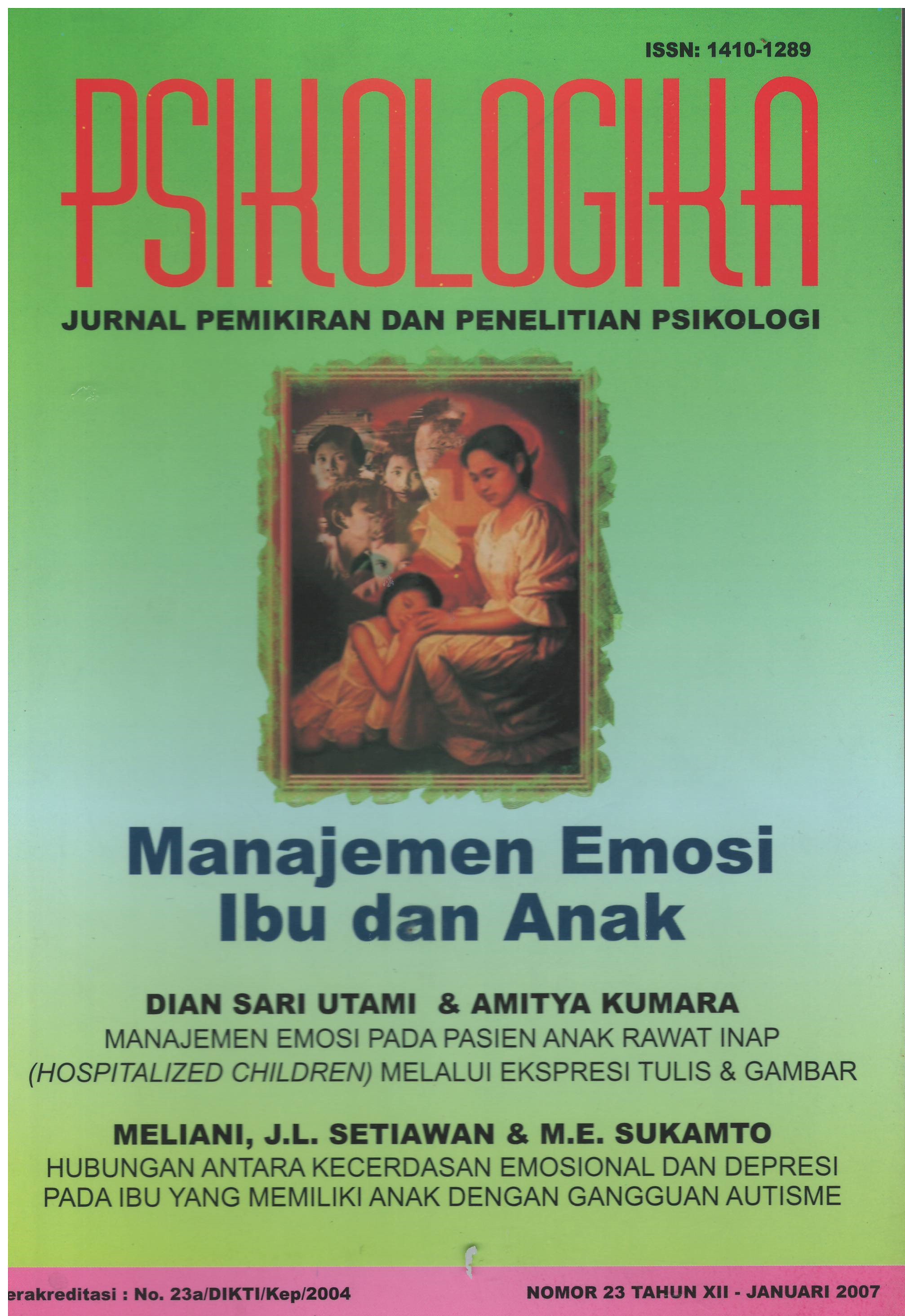Main Article Content
Abstract
Opinion seeking behaviour is defined as actively seeking information and advice about product that will be purchased. Opinion seeking behaviour is influenced by some factors, e.g. personal characteristic and demography. Personal characteristic include emotional maturity. Emotional maturity is a state of individual emotion that reflect emotion stability. Demography include gender.
The purpose of this study is to understand the role of emotional maturity and gender on opinion seeking behaviour of cellular phone consumers. Regression analysis was used to seek the correlation between emotional maturity and gender with opinion seeking behaviour. Regression analysis, T-test and analysis of variance were employed to understand the possible different between male and female on their opinion seeking behaviour. 274 subjects were participated in this study.
The regression analysis showed the correlation between emotional maturity and gender with opinion seeking behaviour is significant with Beta = 0,594, R = 0.549, R2 = 0.301 and p = 0.000. The analysis of variance also showed differences between male and female consumer in their opinion seeking behaviour with F = 211.093, R2 = 0.437, and p = 0.000. From the t-test differences exist between male and female consumer in their opinion seeking behaviour, with t score = 14.529, F = 2.561, and p = 0.000, mean value for male is 89.000, and mean value for female is 69.3265. It’s indicating that opinion seeking behaviour of male consumer is higher than female consumer.
Â
Key words    :   emotional maturity, gender, and opinion seeking behavior
Article Details
Authors who publish with this journal agree to the following terms:
- Authors retain copyright and grant the journal right of first publication with the work simultaneously licensed under a Creative Commons Attribution-ShareAlike 4.0 International License that allows others to share the work with an acknowledgment of the work's authorship and initial publication in this journal.
- Authors are able to enter into separate, additional contractual arrangements for the non-exclusive distribution of the journal's published version of the work (e.g., post it to an institutional repository or publish it in a book), with an acknowledgment of its initial publication in this journal.
- Authors are permitted and encouraged to post their work online (e.g., in institutional repositories or on their website) prior to and during the submission process, as it can lead to productive exchanges, as well as earlier and greater citation of published work (See The Effect of Open Access).
